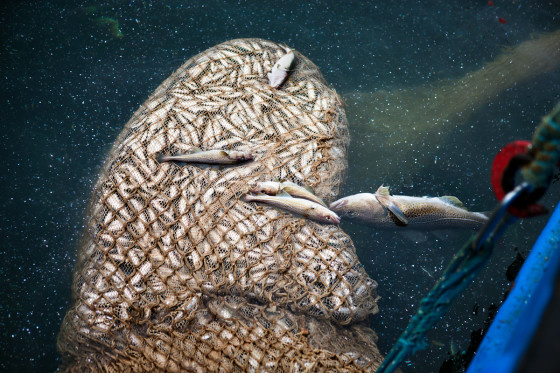
Here are two independent research items recently published in the scientific literature.
– Waiting for a flourishing Baltic cod fishery that never comes.
New study takes a closer look at the status of the Eastern Baltic cod stock. The researchers argue that the “density-dependent growth (i.e. when population growth rates are regulated by the density of the population), probably related to increased gear selectivity, may have disrupted the size structure and substantially lowered the productivity of the stock“. Which they argue affect the profitability of industry as well as ecosystem objectives and policies, such as the Marine Strategy Framework Directive and particularly descriptors 4 (Elements of food webs ensure long-term abundance and reproduction) and 6 (Sea floor integrity ensures functioning of the ecosystem). Stressing the need to reconsider the current management framework and the way priorities and objectives are set.
The study explores a number of management options from a social-ecological and ecosystem lens and concludes that “new strategies need to be adopted by reducing Lc (lenght at capture) as well as fishing mortality, F, to restore individual growth and, hence, stock productivity”. Learn more.
– Are fast growing species more vulnerable to population collapse?
It has previously been assumed that slow-growing species, whether on land or in the sea, are at higher risk of collapse. A study of global fish populations has suggested fast-growing fish species to be more vulnerable to population collapses than previously thought. The study found that fast growing species which, over the past six decades, were commercially fished were three times more likely to experience population collapse than slow-growing species.
The researchers highlight two main risk factors that made species particularly sensitive to overfishing: i) fast growing species and ii) species found in highly seasonal environments. Suggesting that management actions need to pay closer attention to (seasonal) changes in the environment, which often is not included into fisheries management. Learn more.